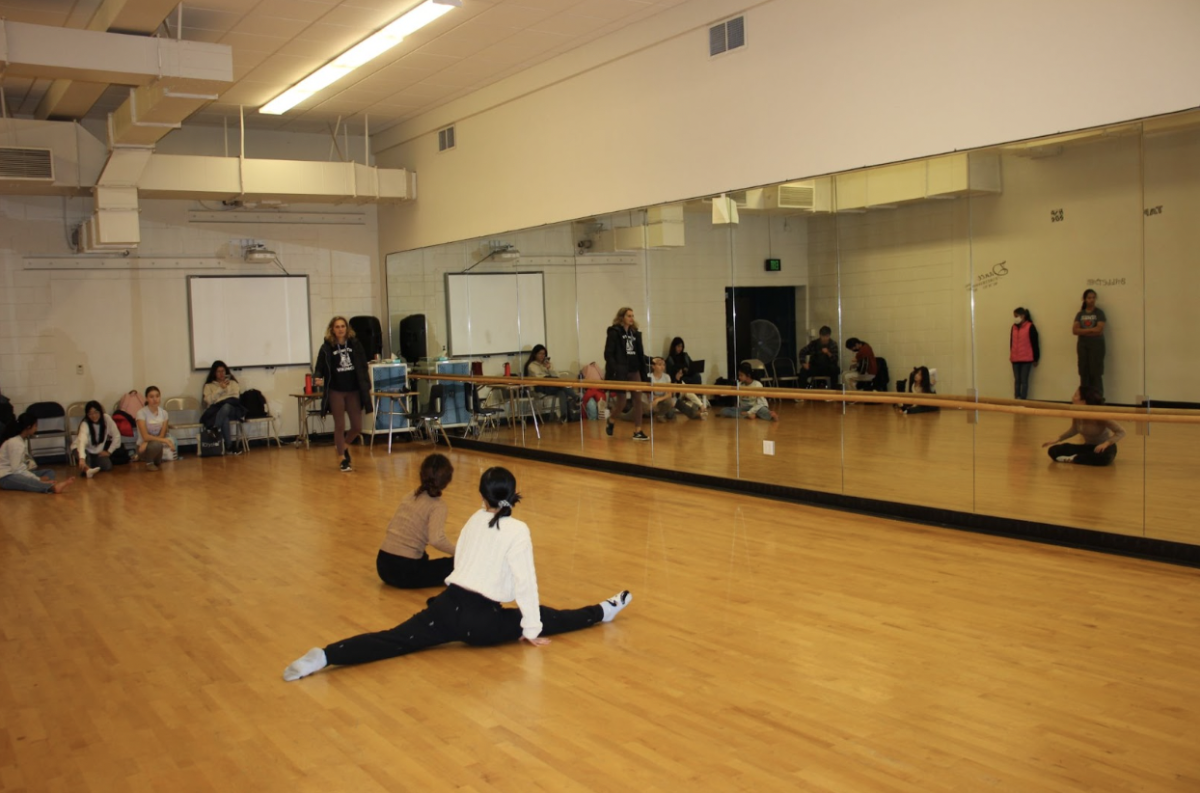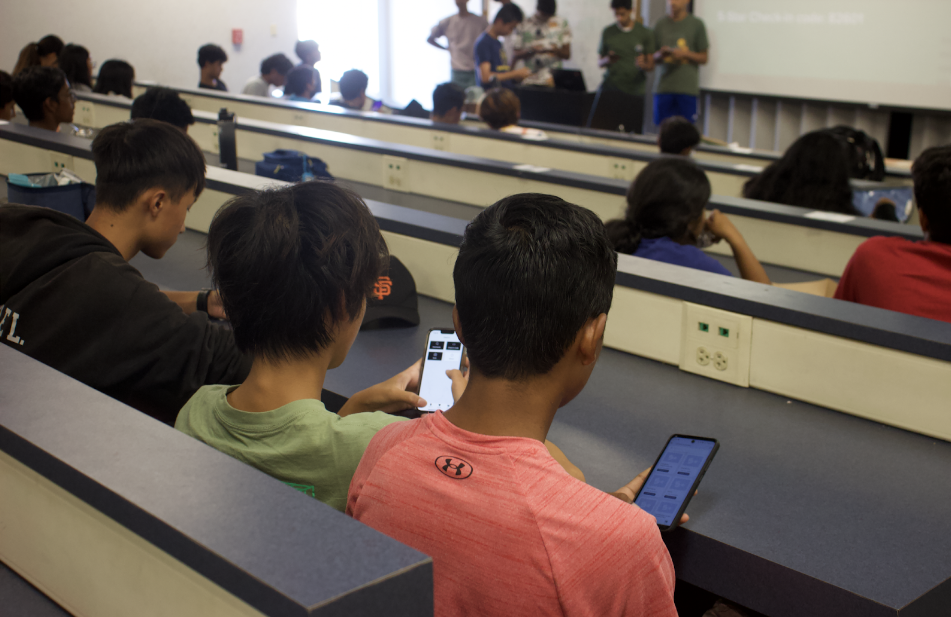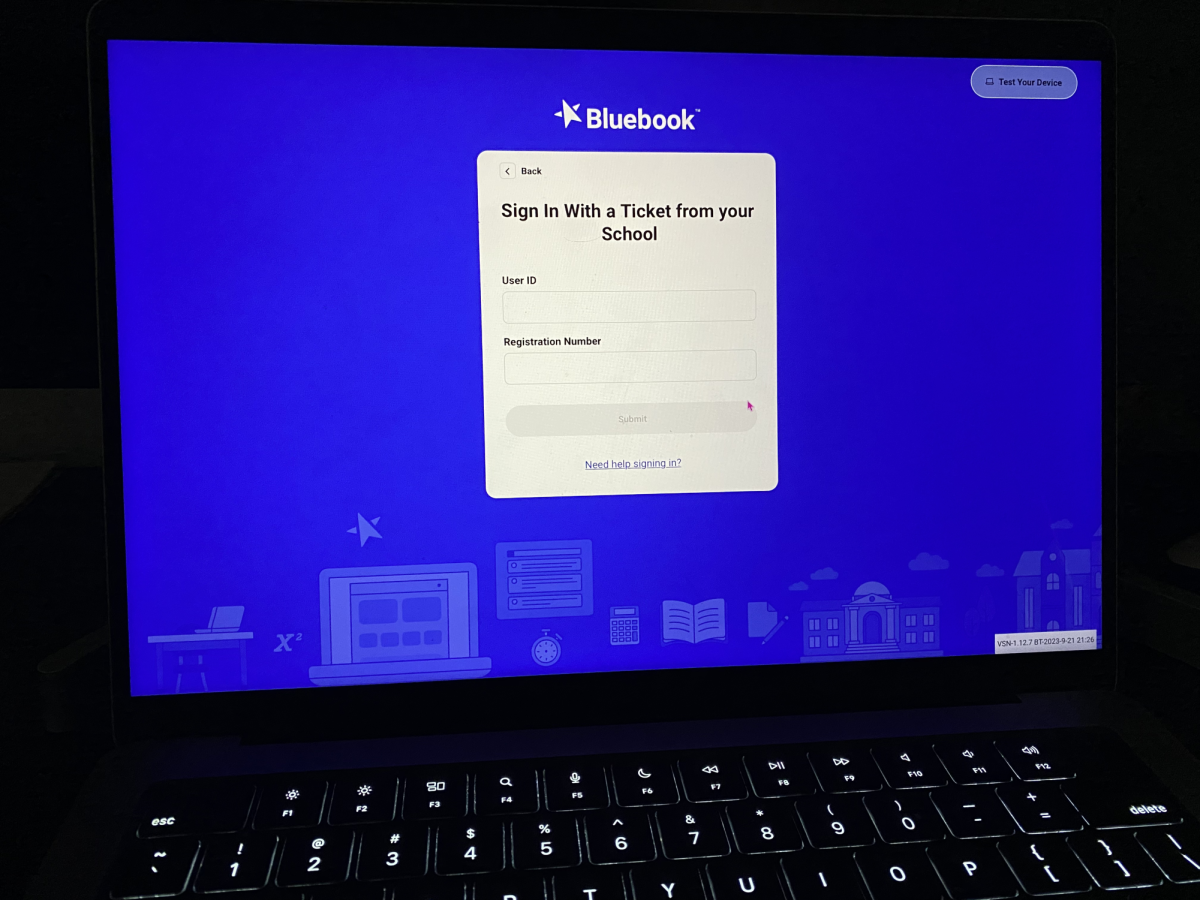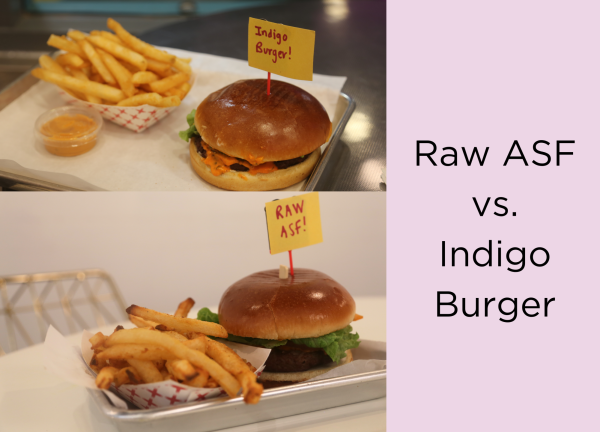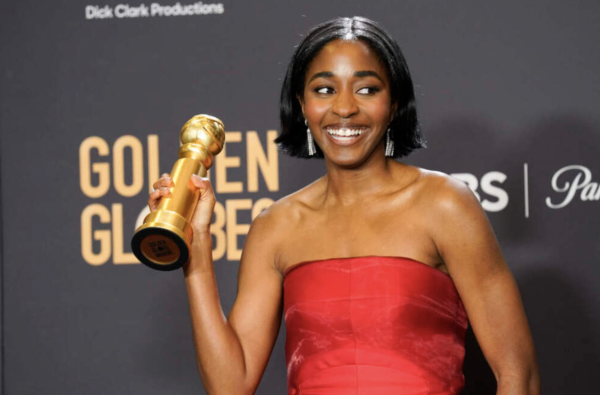Death of Vine
Twitter announced on Oct. 27 that Vine, founded by Dom Hofmann, Rus Yusupov, and Colin Kroll in June 2012, would be shut down in the coming months.
November 29, 2016
The nascent social media hub Vine provided millennials with a challenging form of creative expression: fit out of the box, quality entertainment into six seconds. Despite the success and popularity the revolutionary idea has enjoyed, Twitter recently announced it would shut down the the microblogging website during the coming months. Vine has struggled with a shrinking user base and constant platform updates from competitors.
Vine’s six second limit looked to be the company’s Achilles heel as this key component of the platform prevented it from adding other features to attract more users. In 2013, Instagram struck a blow to Vine with the introduction of 15 second clips. Vine, slow to adapt, eventually supported 60 second video frames. But, by then, the company had already suffered. The Wall Street Journal reported that in 2015, the average loops for vines was down by 29 percent, and that several popular Viners had moved to other social media outlets. Viners such as Twaimz, who had racked up 3.2 million followers, began moving away from Vine and onto sites such as YouTube. Elton Castee, a Viner with over 1.2 million followers, announced he would be moving his vines and other videos to his Facebook page.
While the ghost of Vine will always haunt us with its spontaneous old memes and bizarre, faded pop culture trends, it is imperative for us to reflect on the life of Vine, rather than its untimely death. Vine’s vibrant community was a diamond in the Internet’s overcrowded field of social media platforms. Every vine was a piece of art and was incomparable to a simple selfie or a 140 character, roasting tweet. Each six second vine encompassed a quirky and intelligent story, and users could find themselves exploring the dense jungle of vines for hours.
Vine’s impact on pop culture is reflected through its unique memes and trends that later surfaced on major social media sites. Irvington students also found Vine to be a great refuge from piles of homework. From the famous “Damn Daniel” to the “10 + 9” vine, the short loops always managed to find their way into daily conversations.
Viners, even among Irvington’s own community of users, have all felt the decline of Vine over the past year. But nevertheless, users reflect fondly on the life of Vine. A majority started out with a shared ambition to make content intended to amuse and entertain others.
“Vine started out as a simple form of sharing something that fit into six seconds. I saw this app as an opportunity to briefly display what I had created because I wanted to make content that made people laugh or smile. I heard about Vine being taken down, and quite frankly, I’m not too worried. I have not used Vine or posted videos in a long time anyway, and I’m confident there will always be another big app out there that people will use to get popular.” Viner Miles Chu (11) said.
While Vine’s lack of innovation led to its downfall, its short four years have generated lessons of creativity and culture. After all, life is not measured in the number of breaths we take, but the number of vines that took our breath away.





